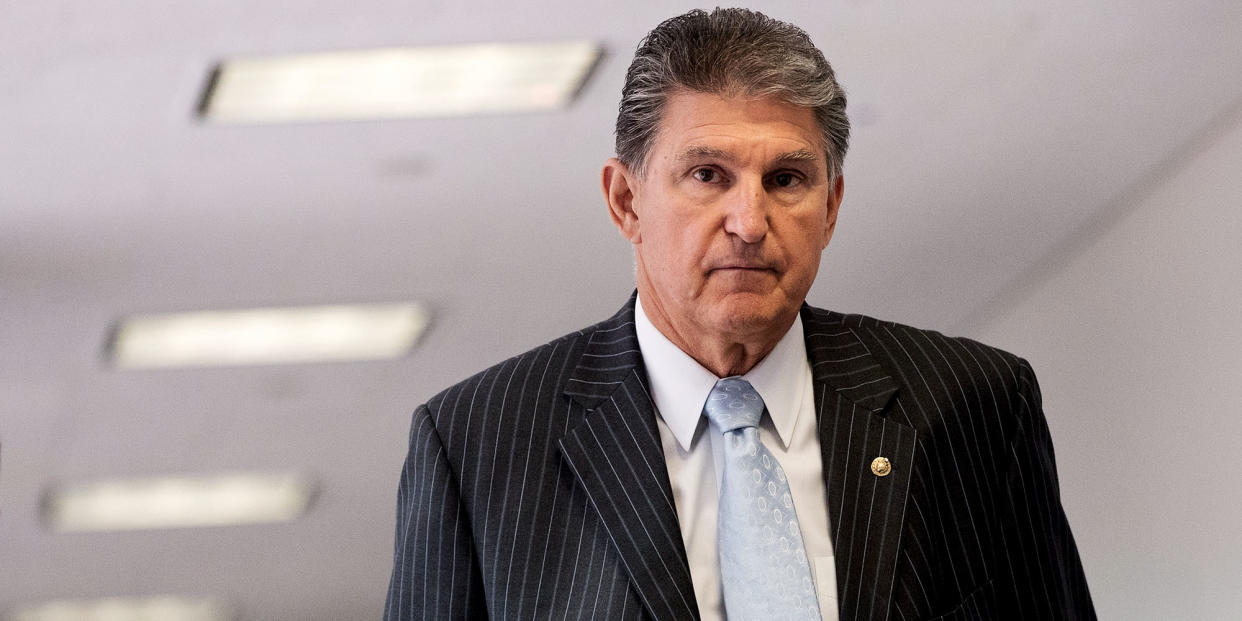The Ripple Effects of the Opioid Crisis

On Sunday, 60 Minutes and The Washington Post dropped a whopper of an investigation into the roots of the ongoing opioid crisis in America. Basically, the story concerned the people and the corporations - which are people, too, my friends - that banded together to cripple the Drug Enforcement Administration's efforts to stem the epidemic.
For example, you may remember Eric Eyre's brilliant, Pulitzer-winning reporting about how West Virginia was virtually buried under an avalanche of opioids - 780 million pills over the previous six years, 433 pills for each and every West Virginian. For years, the DEA tried to crack down on the suspicious sale of thousands of pills to small towns and counties all over the country. The DEA made such a nuisance of itself in this regard that the pharmaceutical companies responsible for dishing out the pills lobbied Congress to get the DEA off their backs.

They found a useful too...er...ally in Congressman Tom Marino, who sponsored a bill called, hilariously, the Ensuring Patient Access and Effective Drug Enforcement Act. (The cheaper the crook, etc.) The purpose of the bill essentially was to defang the DEA's ability to crack down on obviously absurd opioid distribution. One of the bill's co-sponsors was Rep. Martha Blackburn, Republican of Tennessee. The bill sailed through with hardly any debate and President Barack Obama signed it. If the WaPo-60 Minutes reporting is accurate, hardly anyone took the long view of what the consequences of passing this bill would be.
Besides the sponsors and co-sponsors of the bill, few lawmakers knew the true impact the law would have. It sailed through Congress and was passed by unanimous consent, a parliamentary procedure reserved for bills considered to be noncontroversial. The White House was equally unaware of the bill’s import when President Barack Obama signed it into law, according to interviews with former senior administration officials...Michael Botticelli, who led the White House Office of National Drug Control Policy at the time, said neither Justice nor the DEA objected to the bill, removing a major obstacle to the president’s approval. “We deferred to DEA, as is common practice,” he said. The bill also was reviewed by the White House Office of Management and Budget.“Neither the DEA nor the Justice Department informed OMB about the policy change in the bill,” a former senior OMB official with knowledge of the issue said recently. The official spoke on the condition of anonymity because of the sensitivity of internal White House deliberations.
As we have noted before, the Trump cabinet has enough foxes guarding the henhouse to make you wonder if you just shouldn't call it a foxhouse to get it over with. Right now, Tom Marino, whose campaign benefitted from $100,000 in pharma-associated PAC money, is the president*'s nominee to be the nation's next drug czar. This was all Senator Joe Manchin could stand, and he can't stands no more. He wants Marino's nomination withdrawn. From PBS:
Sen. Joe Manchin of West Virginia said he was horrified at the Post story and scolded the Obama administration for failing to “sound the alarm on how harmful that bill would be for our efforts to effectively fight the opioid epidemic” that kills an estimated 142 people a day nationwide. In a letter to Trump, Manchin called the opioid crisis “the biggest public health crisis since HIV/AIDS,” and said, “we need someone leading the White House Office of National Drug Control Policy who believes we must protect our people, not the pharmaceutical industry.”
In addition, it should be remembered that Marsha Blackburn, Marino's wingperson on this bill, is considered one of the leading candidates for the Senate seat being left vacant by the retirement of Bob Corker, Principled Man of Principles. This is already biting at her back home; after all, in Tennessee last year, there were somewhere north of 1,800 deaths from opioid overdoses. As the Tennesseean reports, this has got Blackburn's attention. Nobody wants to run for the Senate as a Friend Of Dope Pushers, even if the pushers in this case wear white coats and sport class rings from high-toned universities.
"If there are any unintended consequences from this bipartisan legislation - which was passed unanimously by the House, Senate and was signed into law by President Obama - they should be addressed immediately," the spokesperson said.
One presumes all of the horrible consequences of this bill were "unintended," but that doesn't excuse the thoroughgoing bipartisan effort to ignore the consequences that should have been obvious to everyone in government, since the DEA people tracking this stuff screamed bloody murder at the idea of softening the DEA's powers in regards opioid distribution. Intent, as they say in law school, follows the bullet or, in this case, the pill.
[editoriallinks id='c2209f06-943c-453c-99d3-a1de263cf109'][/editoriallinks]
Respond to this post on the Esquire Politics Facebook page.
You Might Also Like


